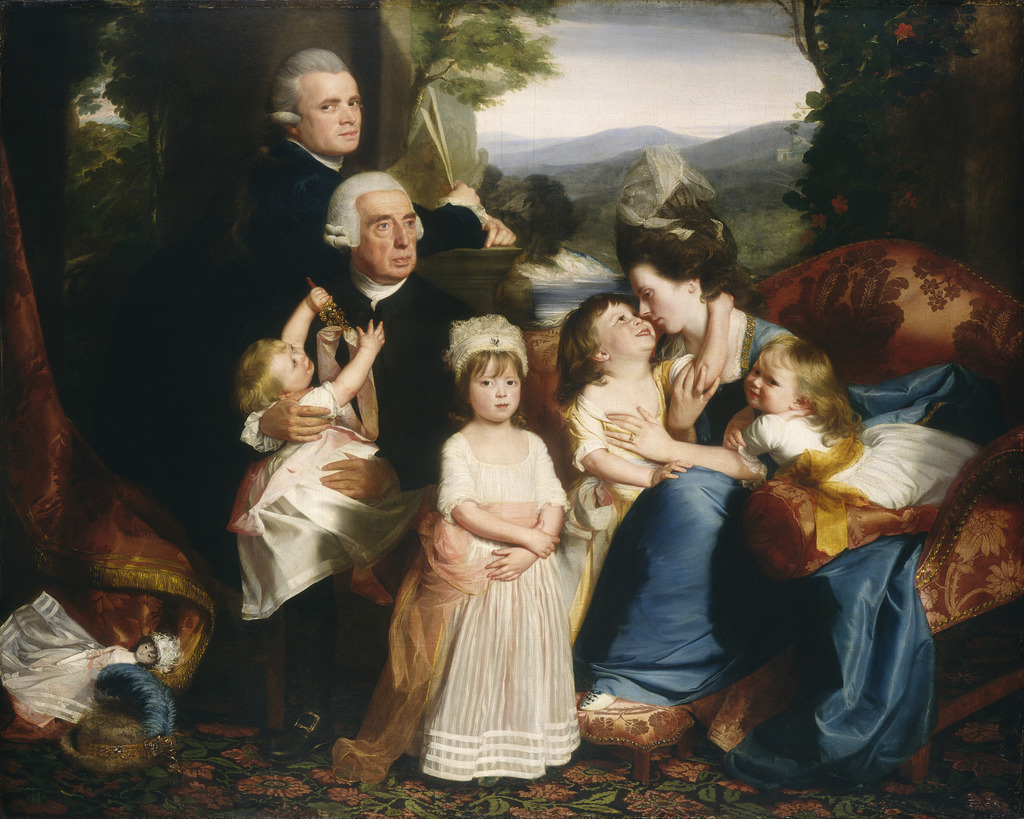
Life Purpose in the Modern World: Beyond Family
We live in an age where there is a short supply of higher purpose. Sure, there are the world religions which might promises us a place in heaven upon proper conduct - but most of the premises these religions are based upon are difficult to take seriously in the 21st century.
Humans can be surprisingly uninsightful at times but generally we are quite smart, and I believe that the erosion of organised religion can be traced back to our collective insight that they just don't make much sense.
However, I believe our biology programs us to seek purpose. With organised religion being not an option for many of us, we have been looking for purpose in other places.
Firstly there is the hedonistic purpose of seeking happiness for ourselves which is adopted by some. Unfortunately, pleasure seeking is a shaky path for finding true happiness - it seems we can achieve that much better by caring for others. I would say that this purpose is not very popular; sometimes sought out in younger years but often replaced with another purpose, arguably the most widely adopted today. That is the purpose to provide and care for our families, especially our children.
In our collective mind there is little doubt that this is a sensible and morally correct purpose. However, I do think that it is good to question even those things which seem self-evident to us. So the question I want to discuss here is whether this is a good purpose or not.
There are many good things about this purpose, chiefly that it is not about us but about others. I think there is much beauty in our love for our families, and we should embrace it whenever we have the opportunity. However, we must also be aware that this purpose is rooted in our basic biology - since looking after those genetically closely related to us helps propagate our genes.
So I think an argument can be made that this might not be the best choice for being the leading, single highest purpose of our lives. That is because, not unlikely like the world religious, it does not hold up to deeper scrutiny. It is just biology to love our children - it's what all mammals do.
That is not to say that it is bad - in the contrary, it is beautiful and holy. This is just to say that it is not more than biology. If our children survive, our genes will pass on. If we teach our children to be good people, they might spread more goodness into the world. But what difference does this make in the context of what we have learned about the universe? We are a tiny speck of humanity and humanity is a tiny speck in the cosmos. How our genes are fairing and what part of our values live on makes little difference in the greater scheme of things and even for our family: our great-grandchildren will only inherit around one eighth of our genes and probably equally as much - if not less - of our values.
Moreover, with our love for our children comes a danger. What if you have to make a choice between their welfare and that of others. Will we not always choose our children irrespective of what is the fair or good thing to do?
Instead, we can take the love we harbour for our families and use it as a foundation on which to grow universal love. Love for every human being. Love for every thing in the universe. Love for what we know about and what we don't know about. Love for ourselves.
So we shouldn't abandon the love for our family - we should just be careful to define the value of our lives based on the welfare of our family. Families cause problems, families break apart. If we do not define ourselves through our families, we can become stronger - in bad times and in good - and give more love to those we care about the most without compromising our ability to open our hearts to an even greater love which encompasses everything there is, has been and could be.
